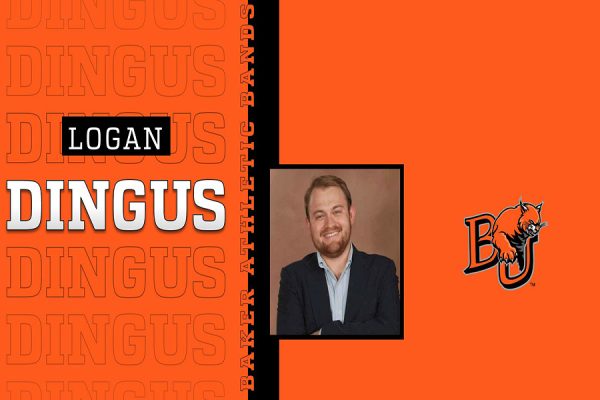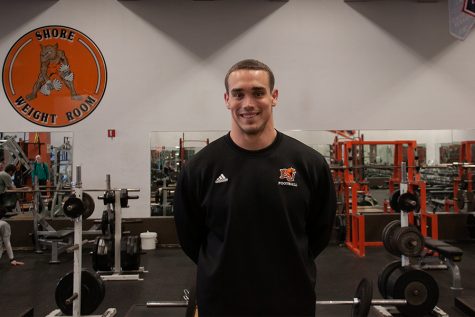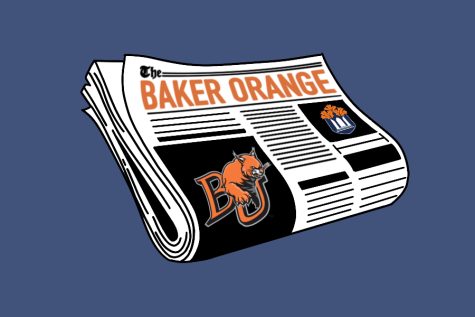Borland’s retirement sends message about safety to NFL
Chris Borland has announced his retirement from the NFL. After playing one season in the league, the former 49ers linebacker is calling it quits. He fears the effects of repetitive head trauma that he could acquire if he continues his career.
Over the past few years, former NFL players have shined a light on the effects of multiple concussions and other head trauma they received throughout their careers. Although the league has made changes to equipment and rules regarding tackling and hits to the head, the numbers do not lie. The number of concussions in a season has not dropped below 129, which was the number of concussions recorded in 2010, the year the NFL first made changes in an attempt to lower the rate of concussions sustained by players. So really, none of the changes made by the NFL have significantly reduced the number of head injuries.
Changes still need to be made get that number as close to zero as possible. Interestingly, not all concussions recorded by NFL teams are even tallied on the injury reports. How do we expect the NFL to make strides in limiting the number of concussions players suffer if the league does not consider all concussions serious enough to be labeled as an injury? Countless other players like Borland have probably become aware of the problem and do not believe the NFL is doing everything it can to keep them from suffering severe head trauma.
Players who are prone to suffering repeated head trauma due to their positions are at greater risk of developing Chronic Traumatic Encephalopathy, or CTE. Originally this disease was only studied in the brains of boxers. Not surprisingly, former NFL players’ brains are now subject to the study of the disease as well.
According to the U.S. National Library of Medicine, researchers have found that CTE can cause various pathological changes in the brain. It can also cause disordered memory and executive functioning of the brain, as well as behavioral and personality disturbances. In addition, CTE can cause Parkinson’s and other motor neuron diseases.
Along with CTE, an increased number of retired NFL players who have suffered concussions developed dementia and Alzheimer’s disease.
If hearing those facts are not enough to deter someone from playing in the NFL or allowing his or her loved one to play football, who knows what it will take to convince people of the risks that football poses.
Borland told ESPN that his decision was a proactive one. He said that once he starts seeing the symptoms of CTE, it will already be too late. His decision to prevent the disease before it becomes an issue is extremely smart. We are told by our doctors to be proactive in all other areas of our health, so why would this situation be any different?
Other professional players have spoken out since Borland announced his retirement. Seattle Seahawks quarterback Russell Wilson, a former Wisconsin teammate of Borland, tweeted out his support of Borland’s decision.
I fully support his decision for many reasons. Borland said that he waited until now to make the announcement because he wanted to make sure he consulted with experts on CTE to answer all of his questions and confirm his beliefs. He also had to tell his family and closest friends that he was planning to retire. This conversation could not have been an easy one.
What I respect most about Borland’s choice to retire is that it was not an easy decision. He has dedicated his whole life to the sport of football. Borland had only played in the NFL for one season and was already a key player for his team. He took his life into his own hands, and for a lot of people that’s a scary thing to do.
Although on the surface it looked like football was treating Borland well, he knew that his good fortune would not last, and continuing to play football could seriously harm his health. Hopefully, more players will step up and show the NFL that more needs to be done to limit the amount of head trauma sustained by its players. Losing players may be the only way to alert the NFL of how big of a problem head injuries are becoming.











